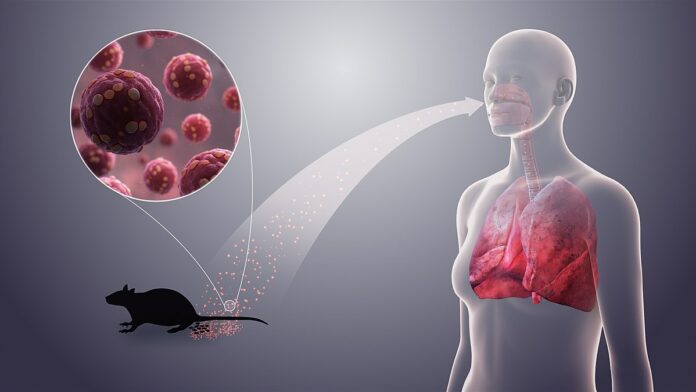Gene Hackman’s wife, Betsy Arakawa died from a respiratory illness linked to hantavirus, a rare disease transmitted by infected rodents, officials have confirmed.
Health experts warn that hantavirus can cause flu-like symptoms after exposure to rodent droppings, and in severe cases, it may develop into Hantavirus Pulmonary Syndrome (HPS), a life-threatening lung condition.
Medical investigators believe Betsy Arakawa contracted HPS, which led to her death.
It is believed the Oscar-winning actor’s wife died a week before her husband, who was in the advanced stages of Alzheimer’s disease. Authorities discovered the deceased couple in their New Mexico home last month.
What is hantavirus?
Hantavirus refers to a strain of viruses carried by rodents, primarily transmitted to humans through inhalation of airborne particles from dried rodent droppings.
According to the Centers for Disease Control and Prevention (CDC), infections typically occur when the virus becomes airborne from a rodent’s urine, droppings, or saliva.
Though rare, the infection can also spread through rodent bites or scratches. In North America, deer mice are the most common carriers, according to the Mayo Clinic.
The virus can cause two severe illnesses. The first, Hantavirus Pulmonary Syndrome – the most common strain in the US – was the illness that led to Betsy Arakawa’s death, officials say.

Image source: Wikimedia Commons
Symptoms often start with fatigue, fever, and muscle aches, followed by headaches, dizziness, chills, and abdominal issues. If respiratory symptoms develop, the mortality rate is approximately 38%, according to the CDC.
The second illness, Haemorrhagic Fever with Renal syndrome (HFRS), is more severe and primarily affects the kidneys.
The CDC reported 864 cases of hantavirus in the US between 1993 and 2022.
Most of the cases were found in rural areas of western states like California, Washington, Arizona, New Mexico and Colorado.
The agency began surveillance for hantavirus diseases in 1993 during an outbreak of severe respiratory illness near the Four Corners region of the US where Arizona, Colorado, New Mexico and Utah all meet.
There may be around 150,000 cases of Haemorrhagic Fever with Renal syndrome worldwide each year, according to a report from the National Institutes of Health. More than half occur in China.
Hantavirus treatment
There is no specific treatment for hantavirus infections.
The CDC recommends supportive care to treat symptoms.
Patients with severe symptoms may need to be admitted to hospitals in intensive care units. Some may need to be intubated in severe cases.
The CDC recommends eliminating contact with rodents in homes or workplaces to reduce exposure to the virus.
The agency also recommends sealing entry points in basements or attics where rodents may enter homes.
Wearing protective gear is also suggested when cleaning up rodent droppings to avoid inhaling contaminated air.
